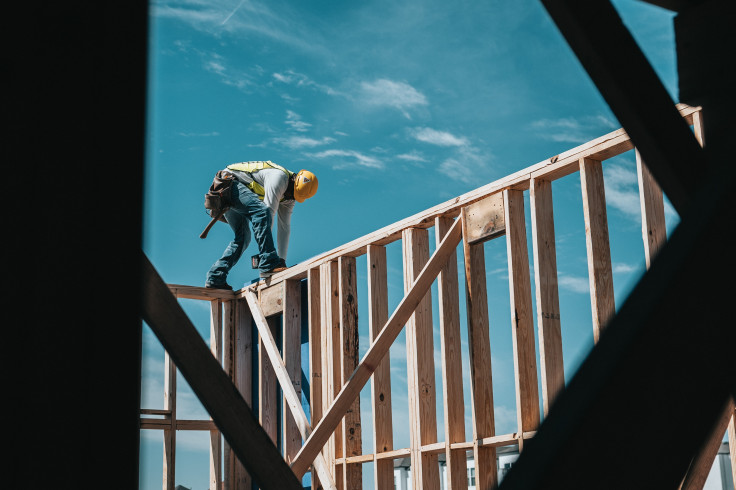
NEW YORK CITY - Throughout his electoral campaign, former president and presumptive GOP nominee Donald Trump has promised to crack down on immigration, including introducing programs to carry out mass deportations and detention camps. However, economists worry that such projects could bring a massive blow to the U.S. job market.
As a response to Trump's plan on immigration, many economists and business leaders warn that this scenario could trigger higher unemployment and slower growth— while also devastating the country's immigrant workforce, according to The Washington Post. These proposals could also exacerbate inflation.
Recent estimates from the Congressional Budget Office said the U.S. labor force will have grown by an additional 5.2 million people by 2033, especially thanks to net immigration, and that the economy will grow by $7 trillion more over the next decade than it would without new immigrants.
"The economy is not a zero-sum game," said Chloe East, an economist at the University of Colorado Denver who focuses on immigration policy. "When one person has a job, that does not mean one less job for someone else."
But despite these figures, Trump's rhetoric seems to be communicating otherwise.
At a rally this month, Trump said undocumented immigrants are "being taken care of better than the people that have been in the country, that are desperate for jobs. But when I'm in the White House, the Biden economic bust will quickly be replaced with the Trump economic boom."
In another statement, the Trump campaign said President Biden is "flooding America's labor pool with millions of low-wage illegal migrants who are directly attacking the wages and opportunities of hard-working Americans."
The impact of immigration and the economy is a hotly contested and nuanced issue. For instance, some academic research shows that a rise in immigration drags down wages and opportunities for all workers. At the same time though, lower wages can bring higher profits for an employer, with those added gains ultimately growing the economy for native workers.
Regardless of Trump's plans, specialists do not believe it to be wise to carry mass deportation and other anti-immigration strategies, as it can hurt many sectors of the economy, including construction and agriculture, according to The Washington Post.
There's some evidence that pushing immigrants to leave hurts the economy overall. In a 2023 paper, East and other economists studied the labor market effects of Secure Communities, a policy implemented during the Obama administration that let the FBI share fingerprint data of people arrested by state and local law enforcement with other federal officials who could use it to check for immigration violations.
The research found that for every 100,000 undocumented immigrant workers forced to leave the country, there were roughly 9,000 fewer jobs held by U.S.-bork workers too.
Data from the Migration Policy Institute estimates roughly 11.2 million unauthorized immigrants lived in the U.S. in 2021, up from 11 million in 2019. The number is likely higher now. That is why crackdowns can have major effects on the rest of the labor force.
Michael Marsh, president and chief executive of the National Council of Agricultural Employers, said that about 950,000 of the country's 2.2 million agricultural workers are unauthorized. About 300,000 more have temporary permits through the H-2A visa program.
Marsh pointed to a list of economic strains since the pandemic— including just finding enough people to fill jobs.
"If you expand the number of jobs available by 12 million or 8 million, it's going to have a devastating effect on the U.S. economy," Marsh said. "You'll have less services available... You're going to have upward pressure on wages.
© 2025 Latin Times. All rights reserved. Do not reproduce without permission.




